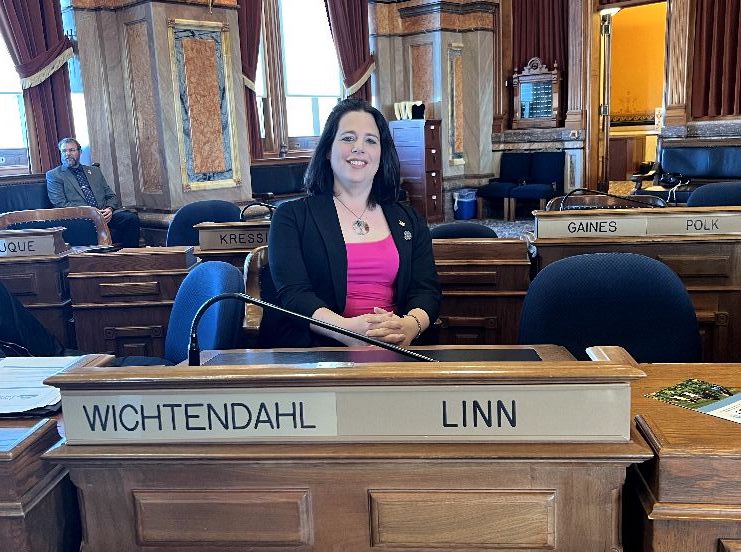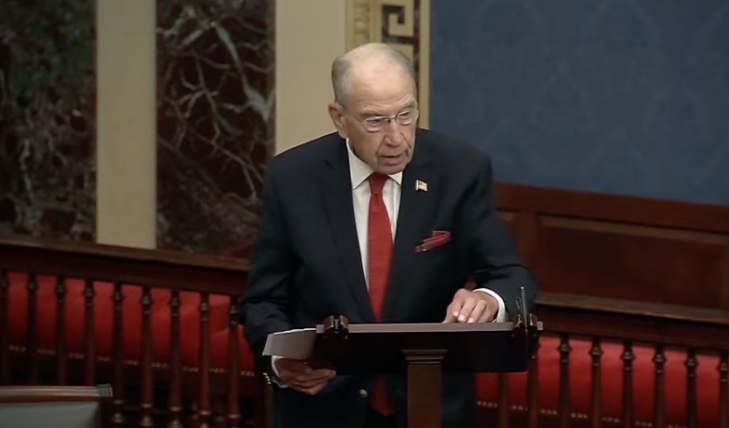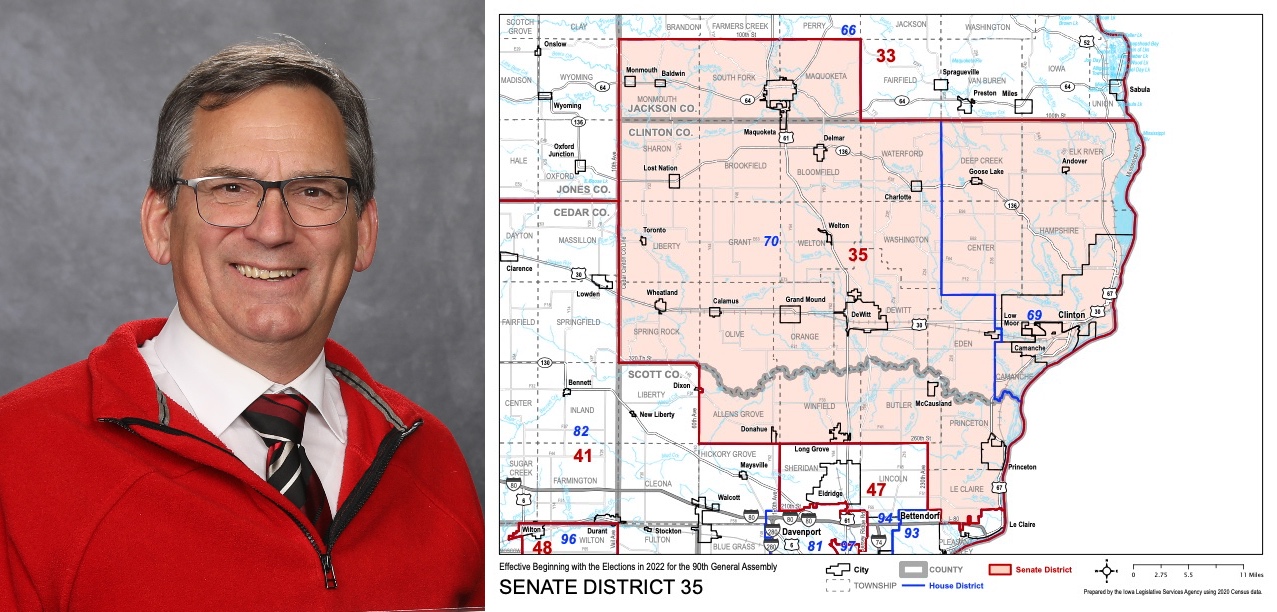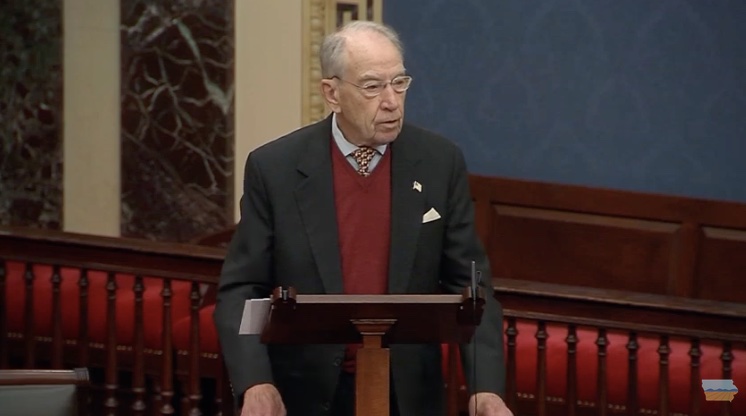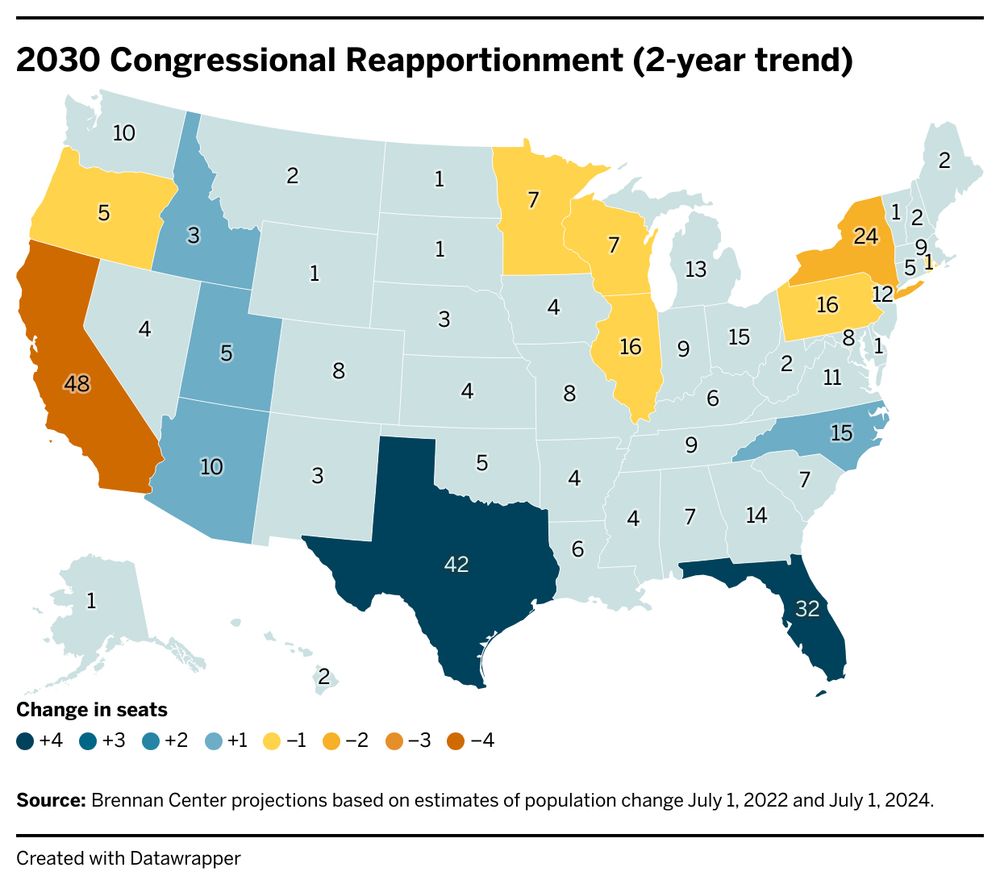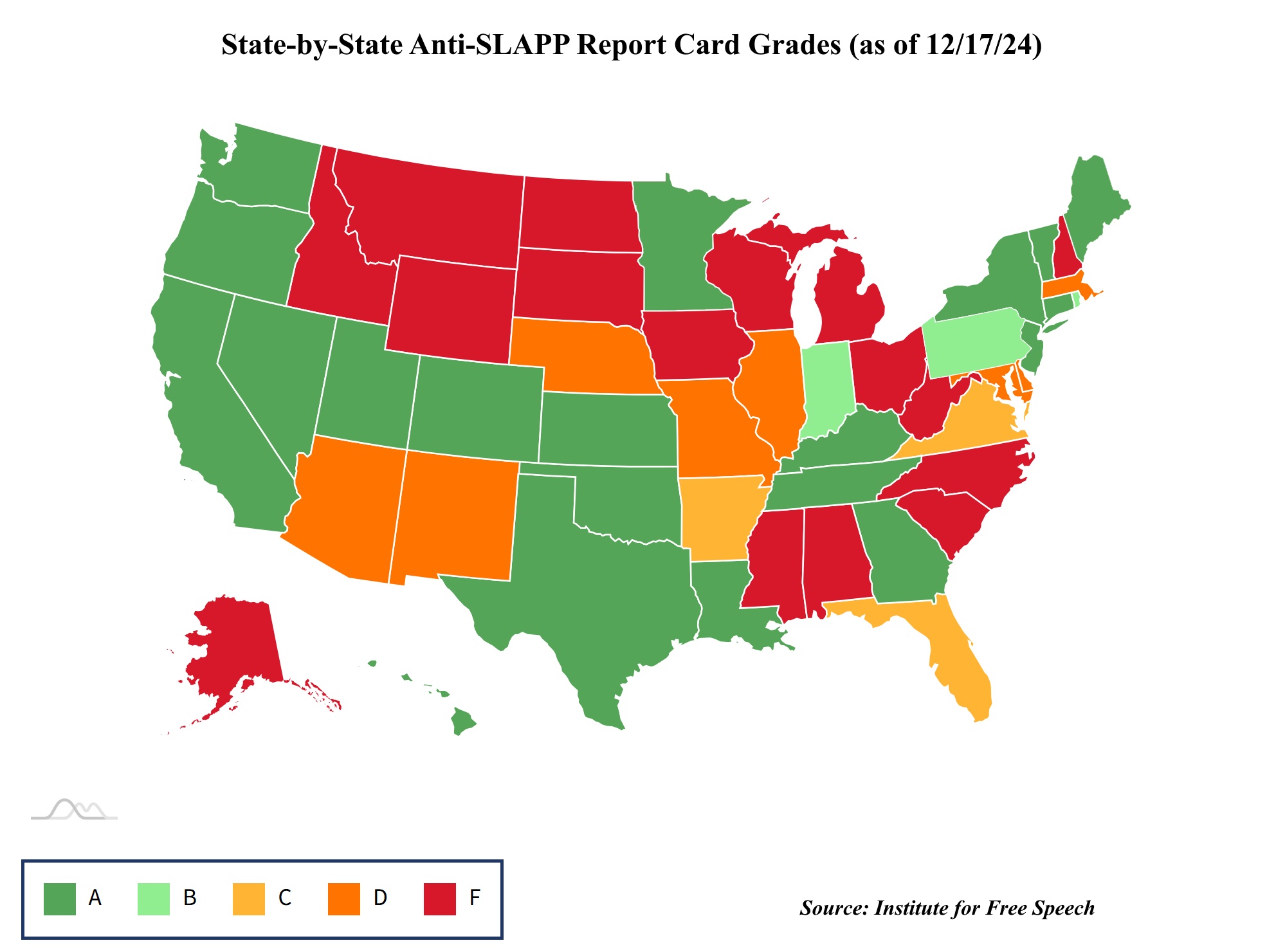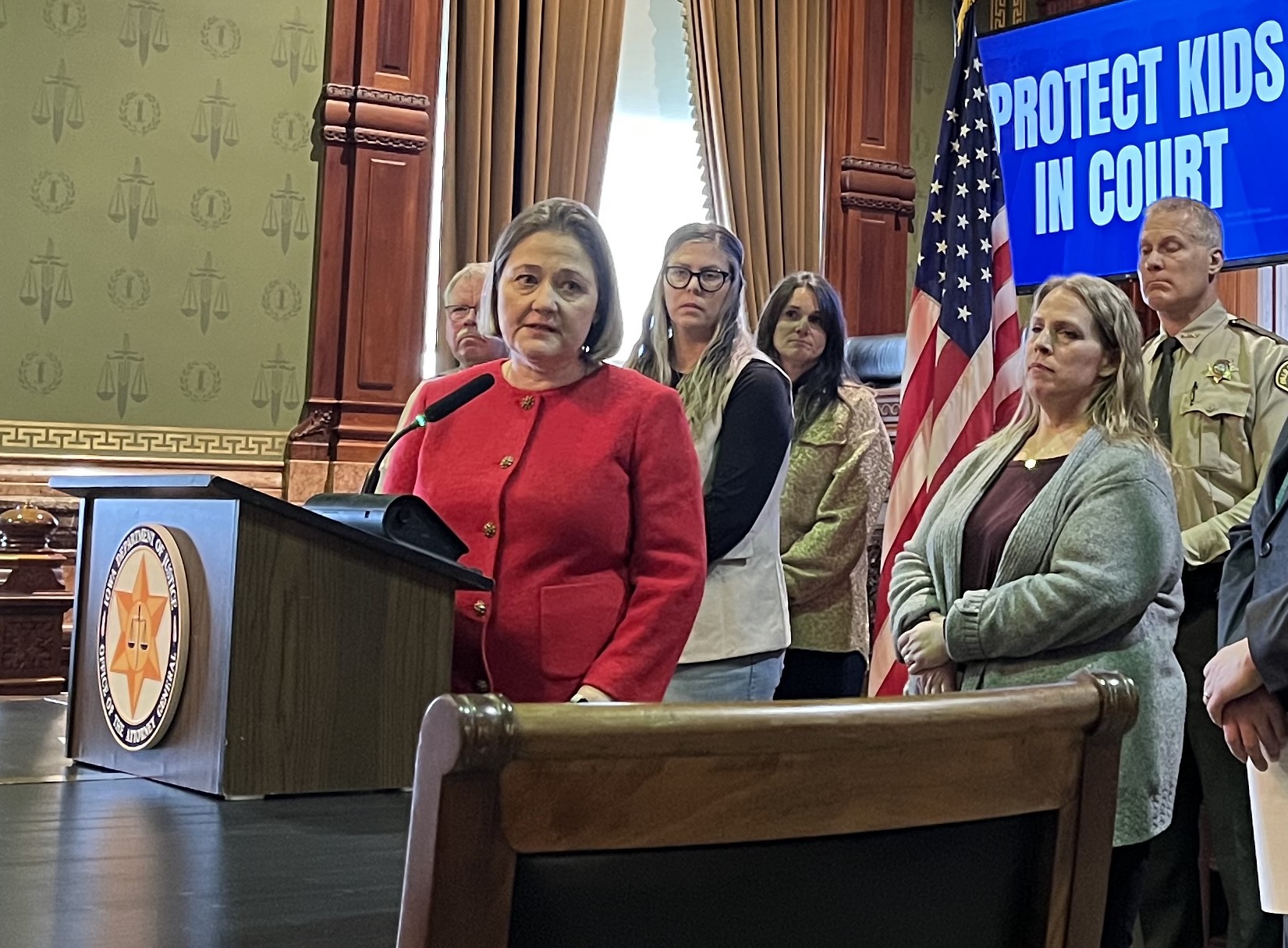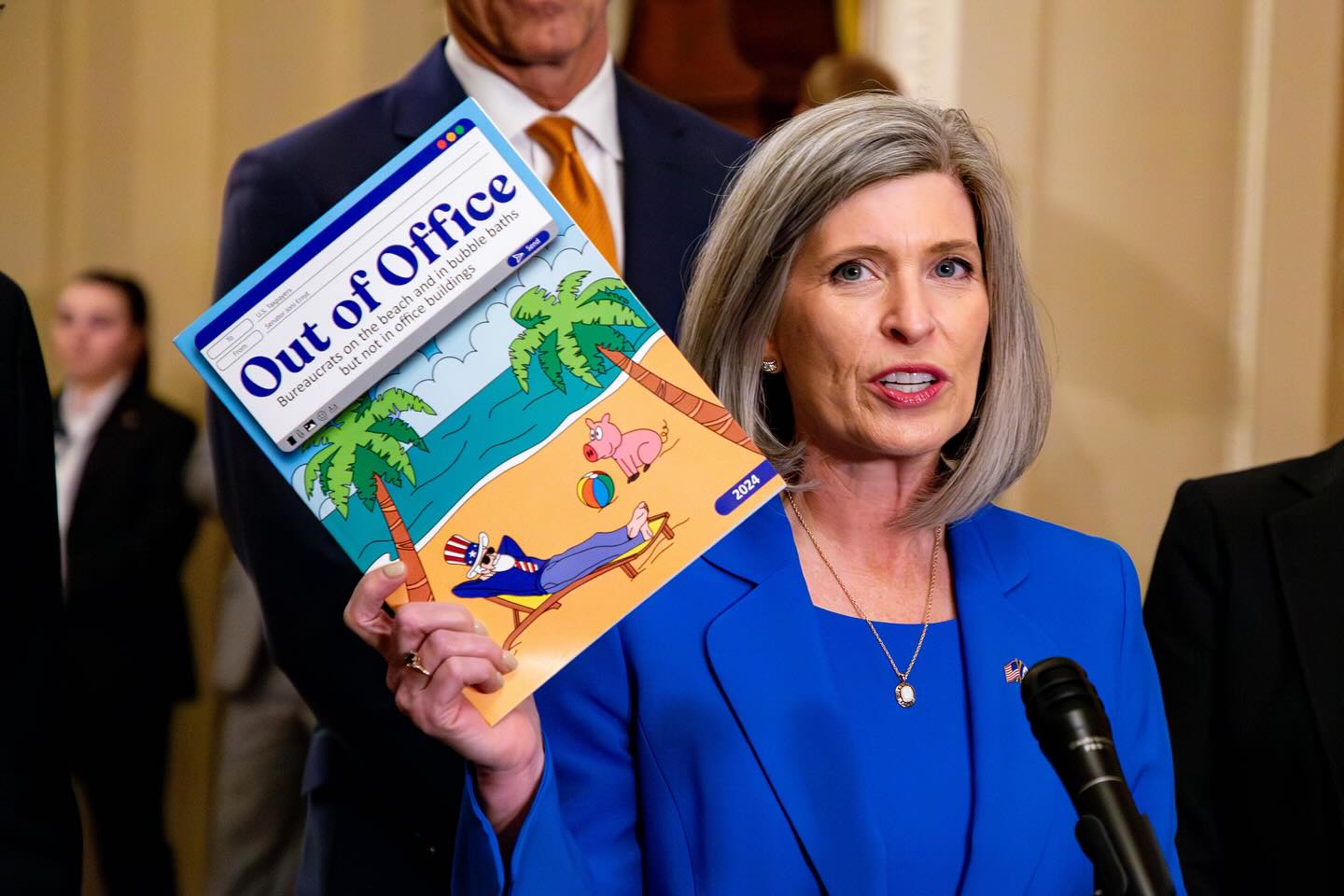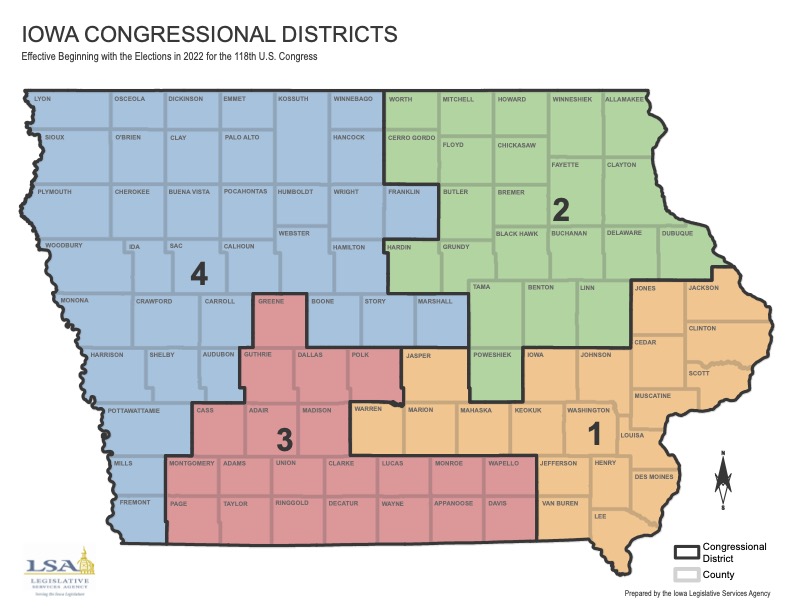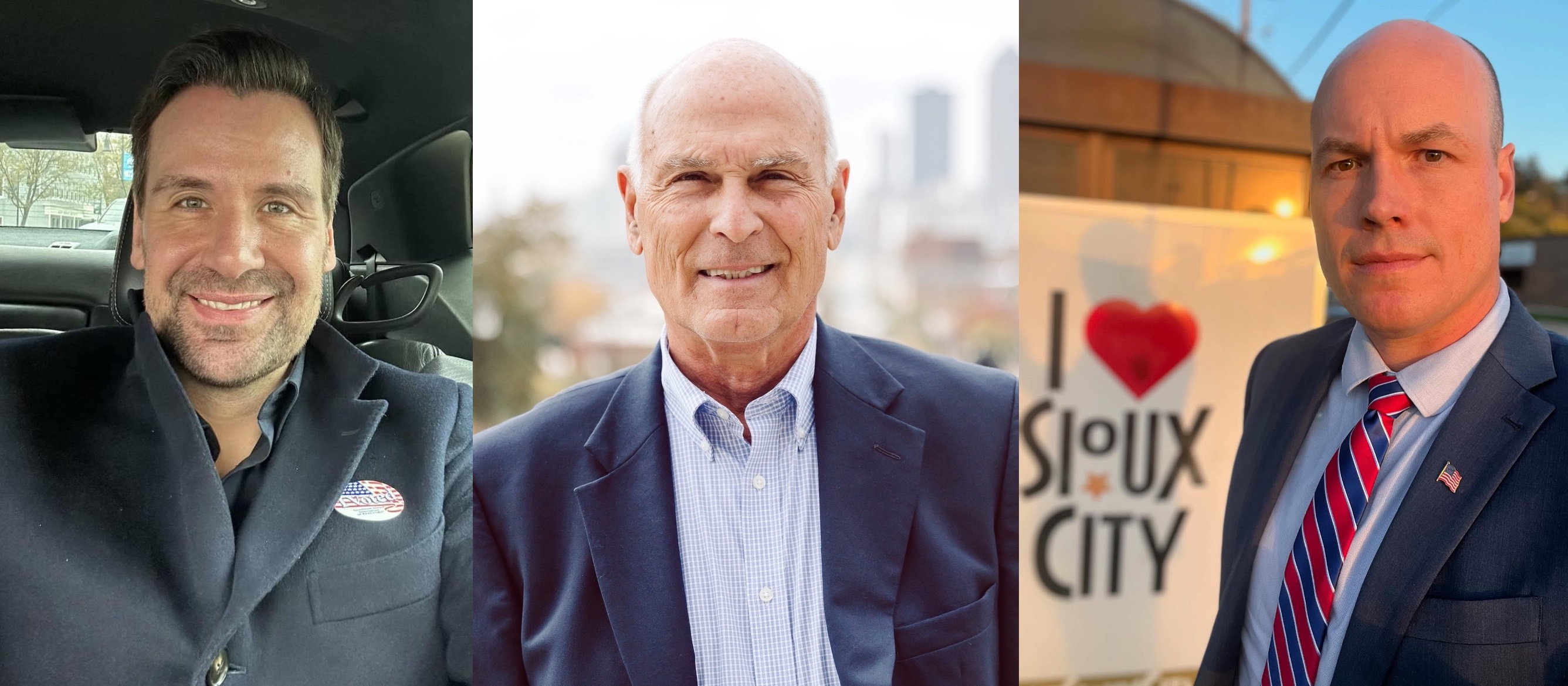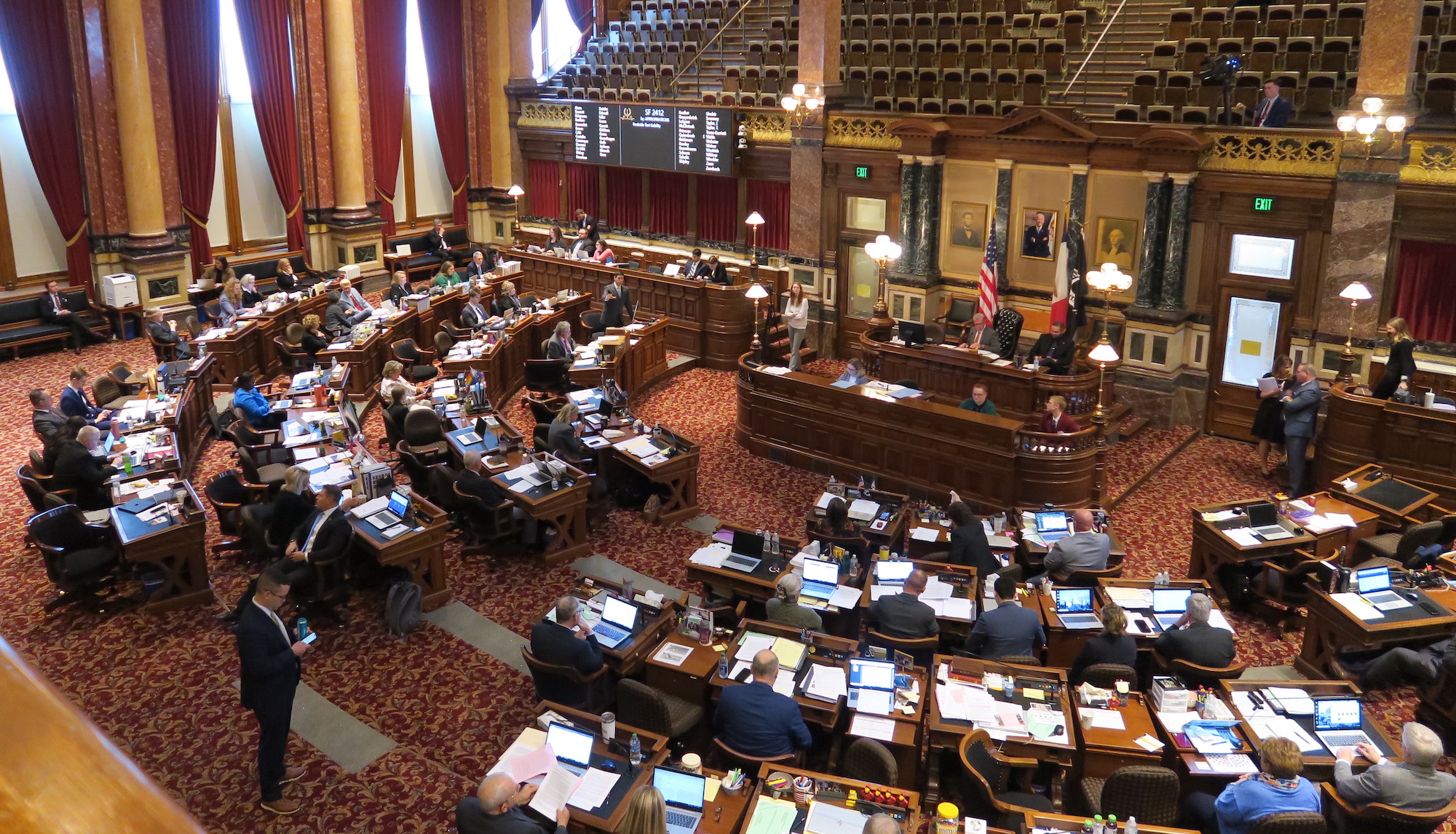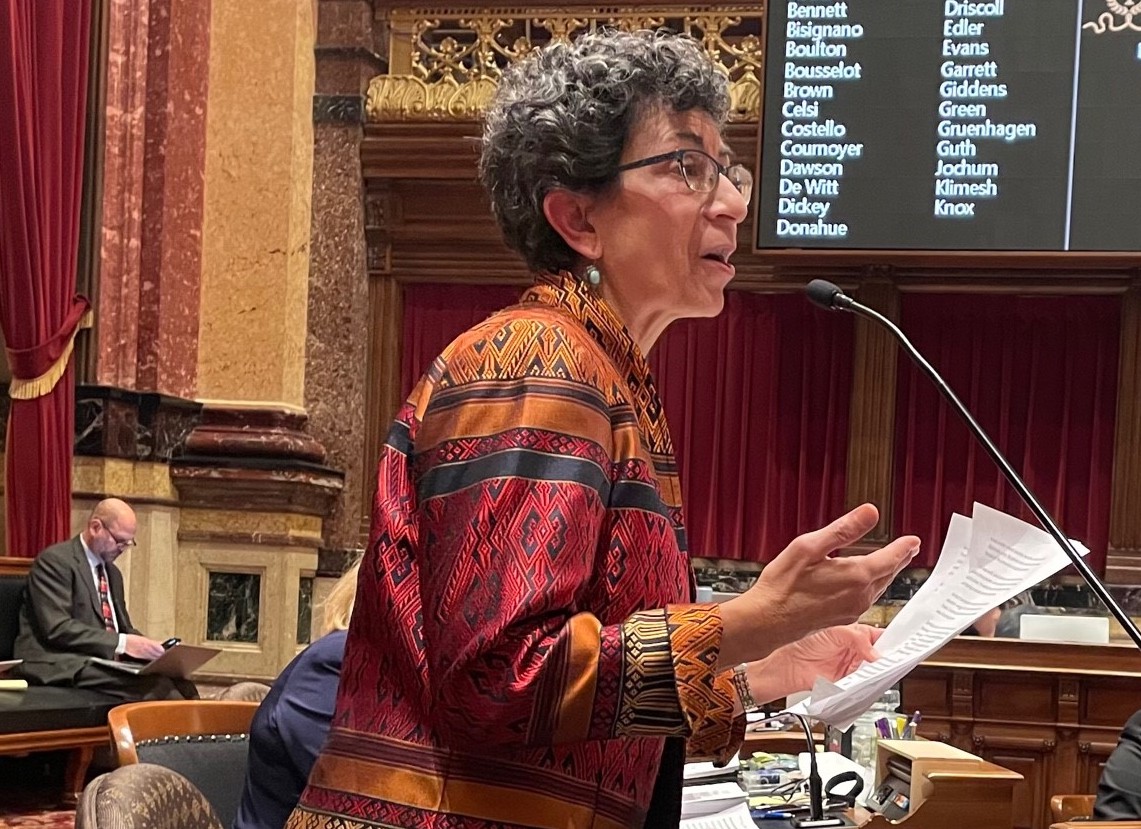Eleventh in a series interpreting the results of Iowa’s 2024 state and federal elections.
Many factors helped Iowa Republicans expand their already large state legislative majorities in 2024. Two of the most important were Donald Trump’s dominance in the presidential race, and the continued decline in ticket-splitting.
By my calculations, Trump carried 71 of the 100 Iowa House districts, up from 63 state House districts the last time he was on the ballot in 2020. In all four Democratic-held House districts that flipped this year, voters preferred Trump. That helped Republican Ryan Weldon defeat State Representative Molly Buck in House district 41 (Ankeny), David Blom defeat Sue Cahill in House district 52 (Marshalltown), Jennifer Smith defeat Chuck Isenhart in House district 72 (Dubuque), and Christian Hermanson win the open House district 59 (Mason City).
Trump also carried 20 of the 25 state Senate districts that were on the ballot, including both where Democratic incumbents lost: Mike Pike defeated Nate Boulton in Senate district 20 (eastern Polk County), and Dave Sires defeated Eric Giddens in Senate district 38 (mostly located in Black Hawk County). The only Iowa GOP lawmaker to lose in 2024, State Senator Brad Zaun, faced Matt Blake in a district where voters preferred Kamala Harris for president.
Ticket-splitting used to be more common in Iowa. Republicans maintained control of the state House in 2012, even as Barack Obama carried 61 of the 100 districts that year. (No wonder few observers expected Iowa’s hard shift to the right, beginning in 2016.)
But in 2020 and again this year, only seven Iowa legislators managed to win in districts where voters preferred the other party’s presidential nominee.
I calculated the 2024 numbers using certified precinct-level vote totals from the Iowa Secretary of State’s election results website. Figures on the 2020 presidential vote in each district come from the Iowa House and Iowa Senate maps Josh Hughes created in Dave’s Redistricting App.
This post covers the six Iowa House members and one state senator in descending order, by how much they outperformed the top of their own party’s ticket.
Continue Reading...

